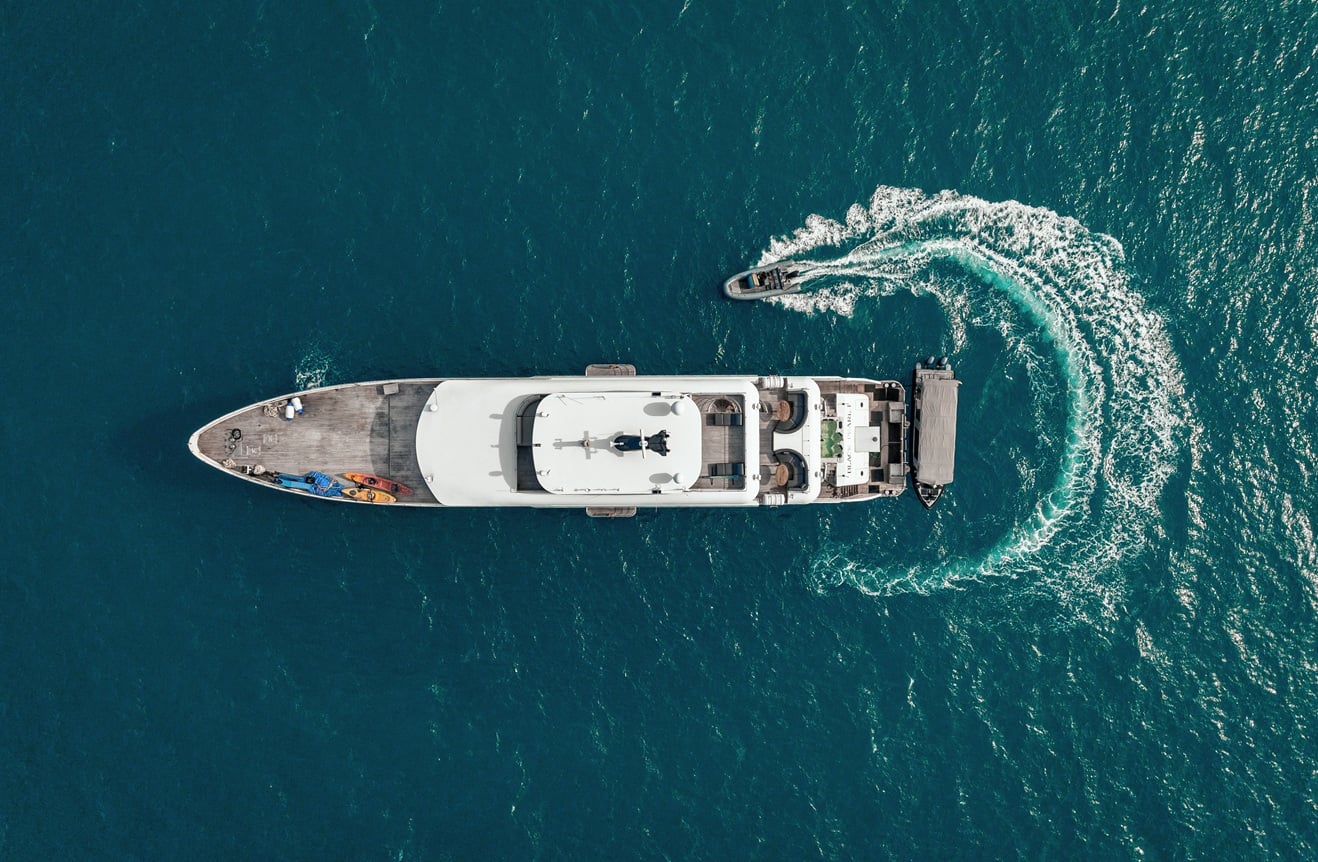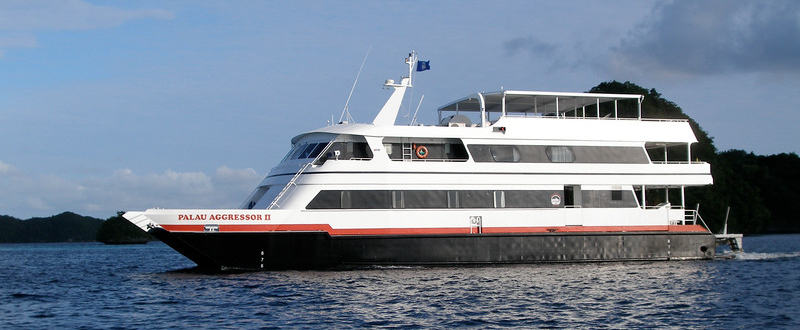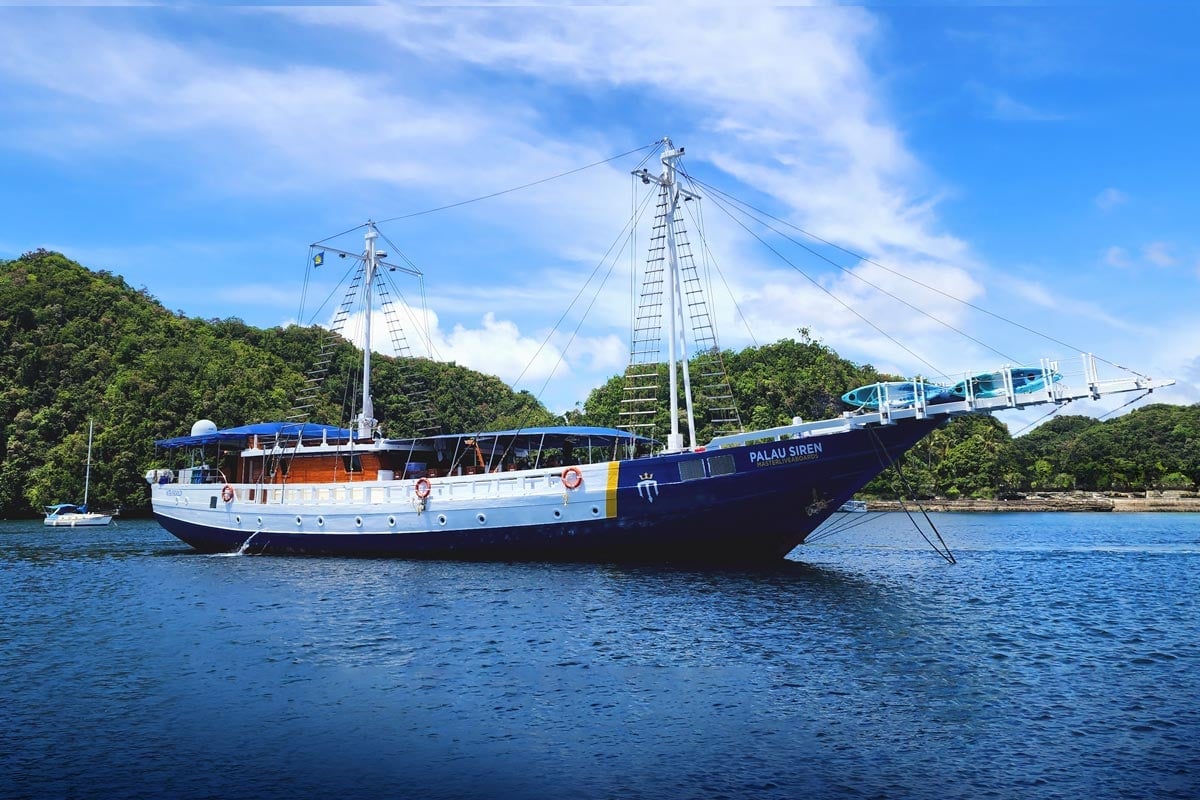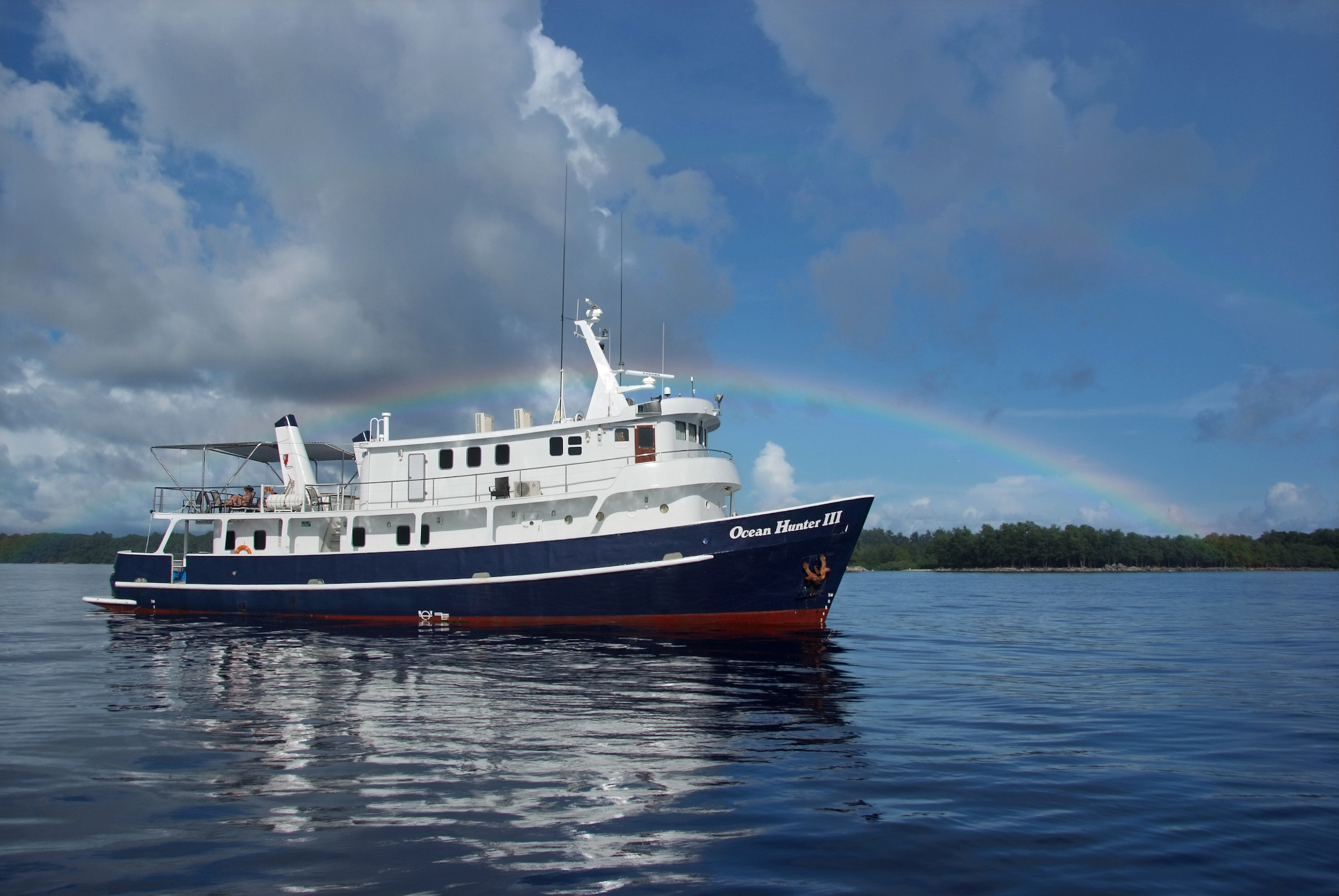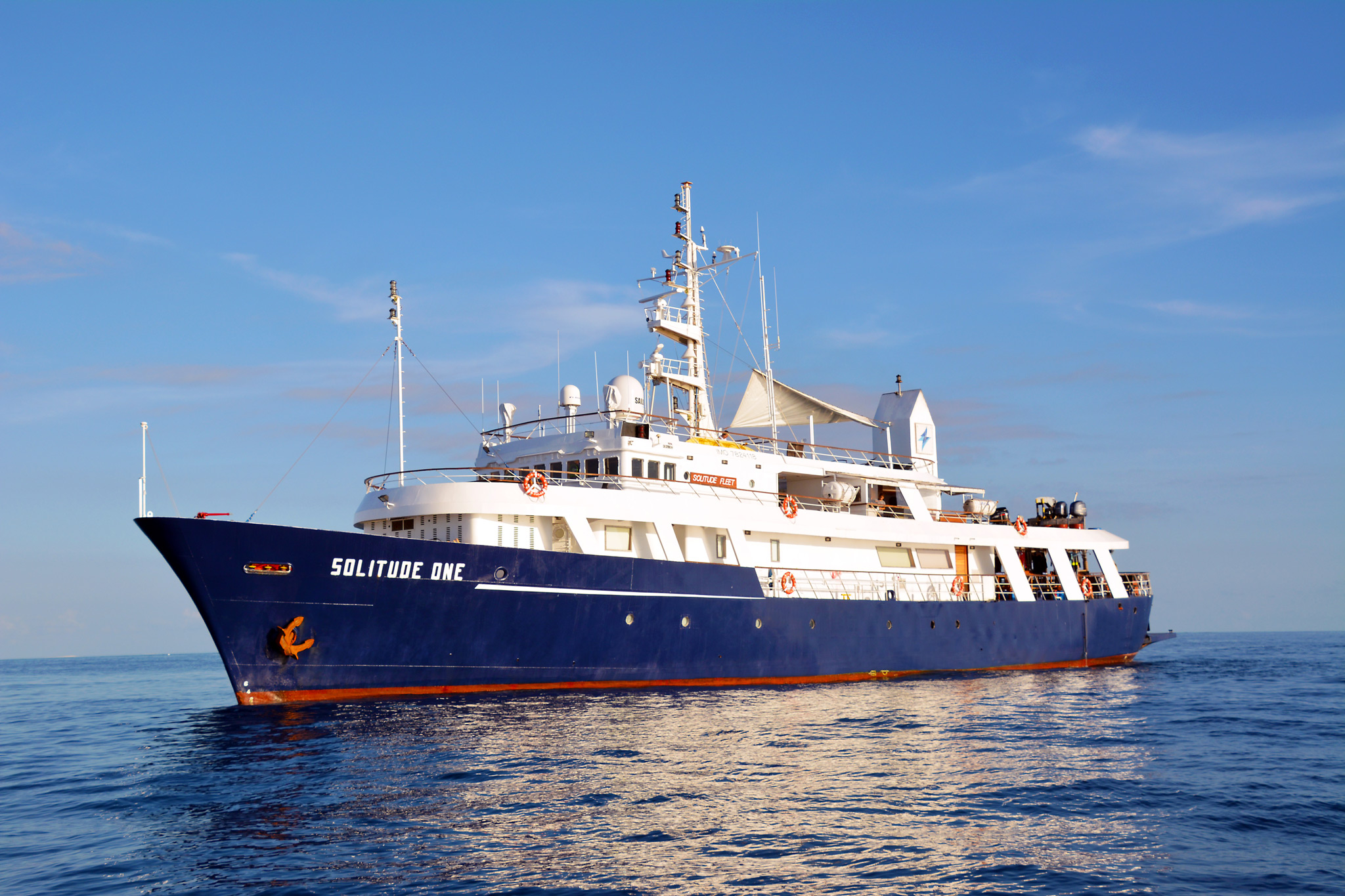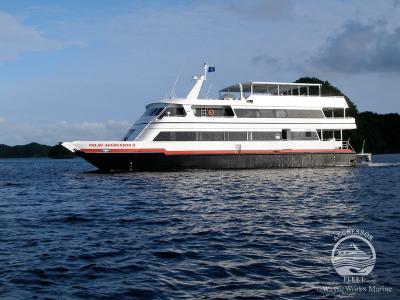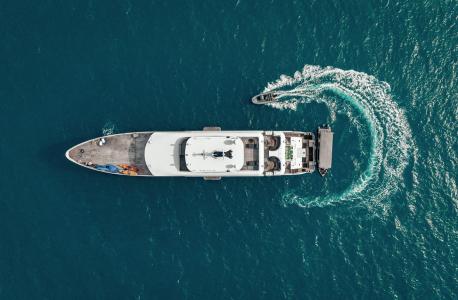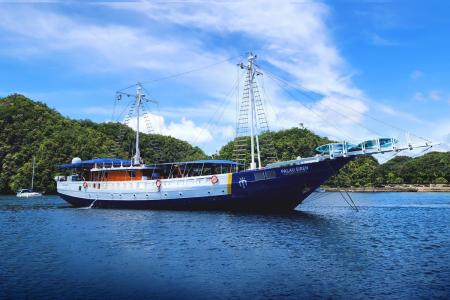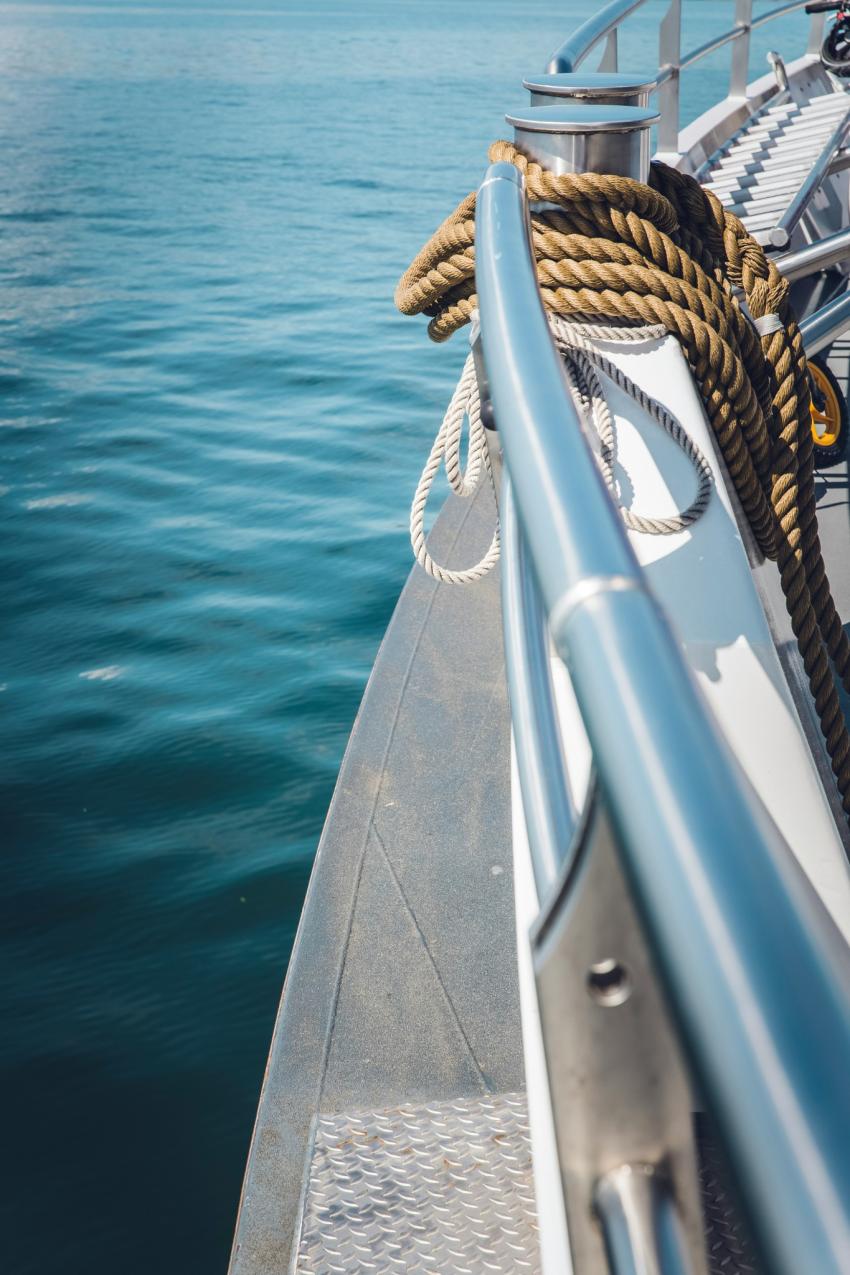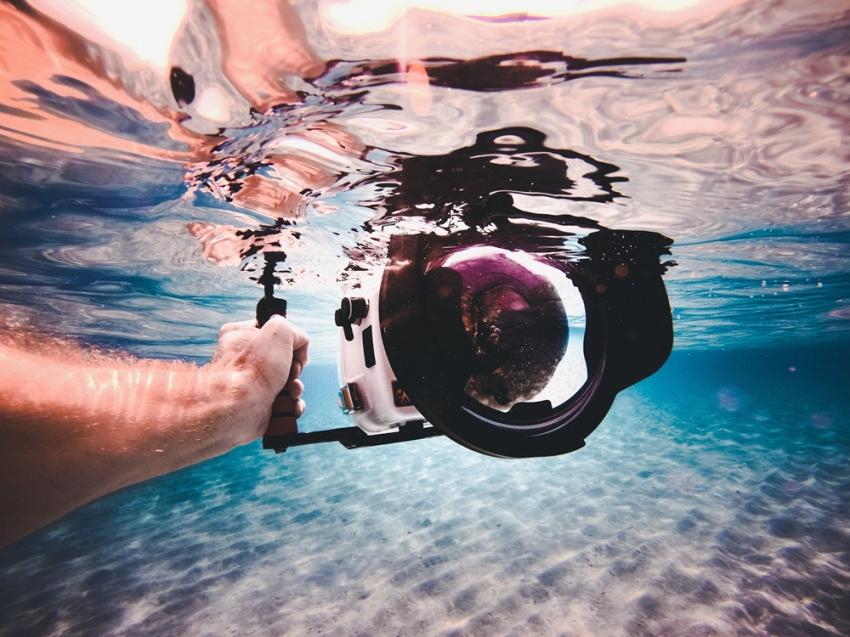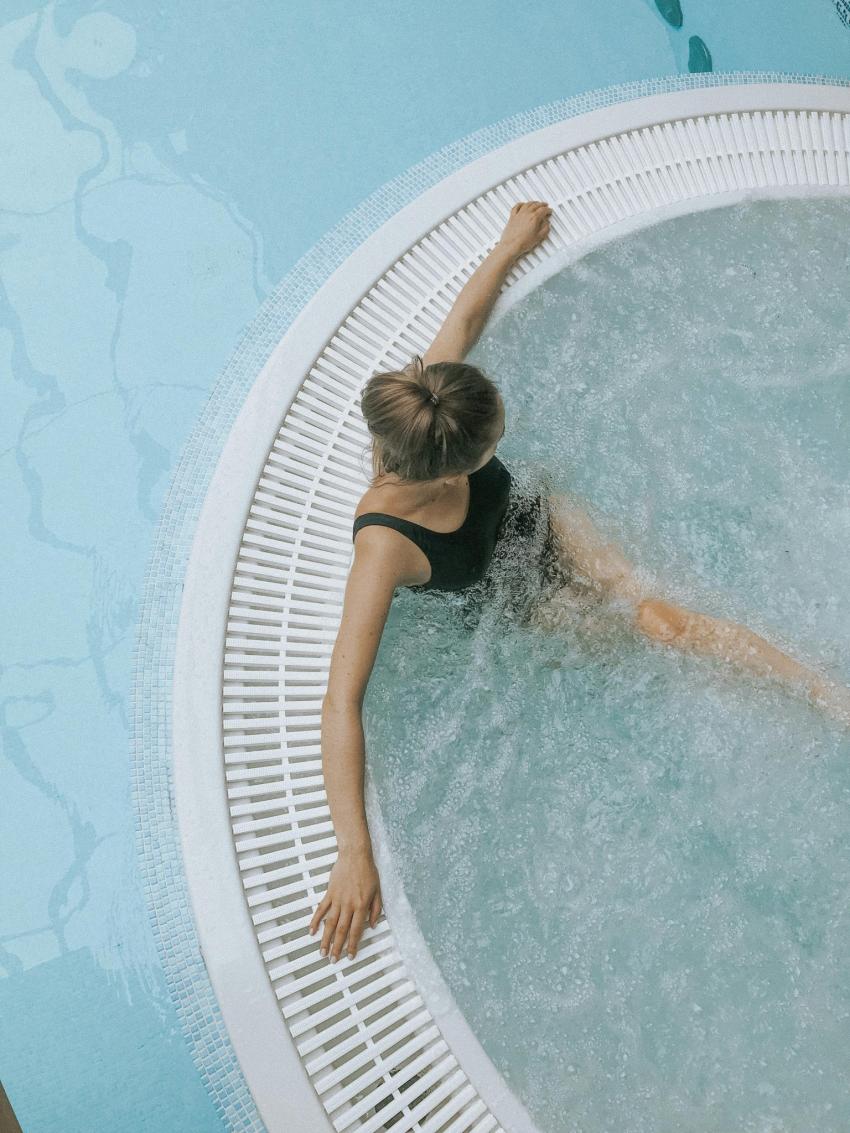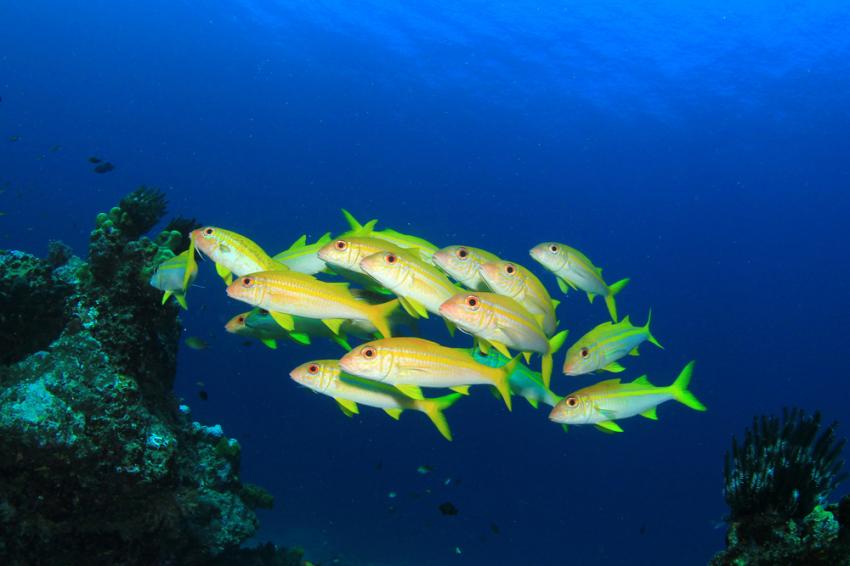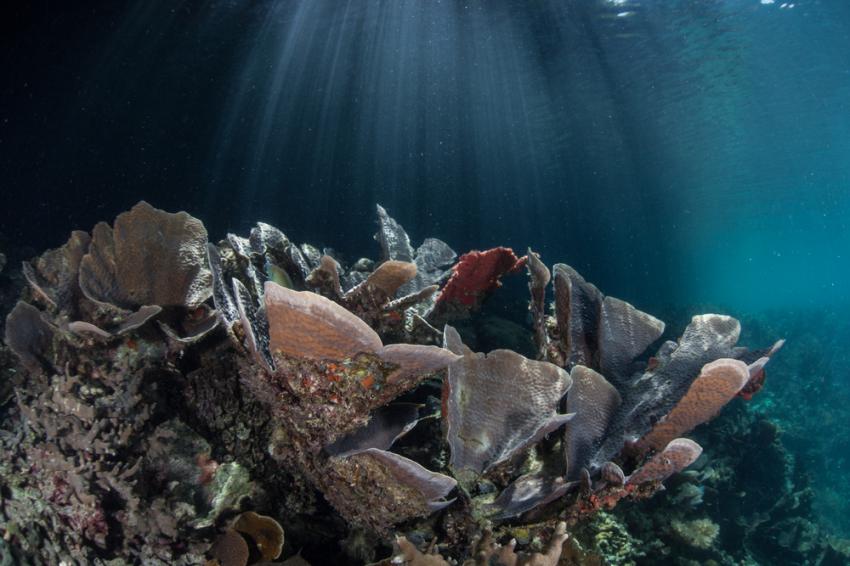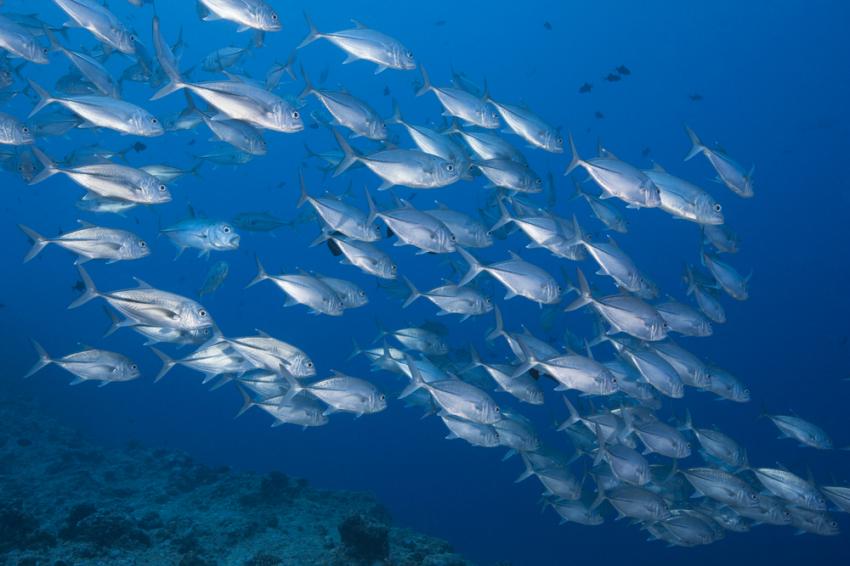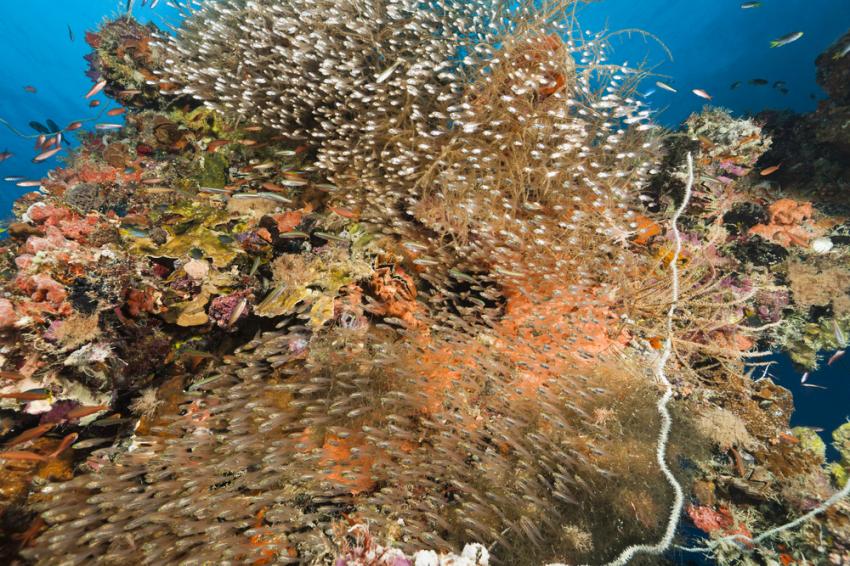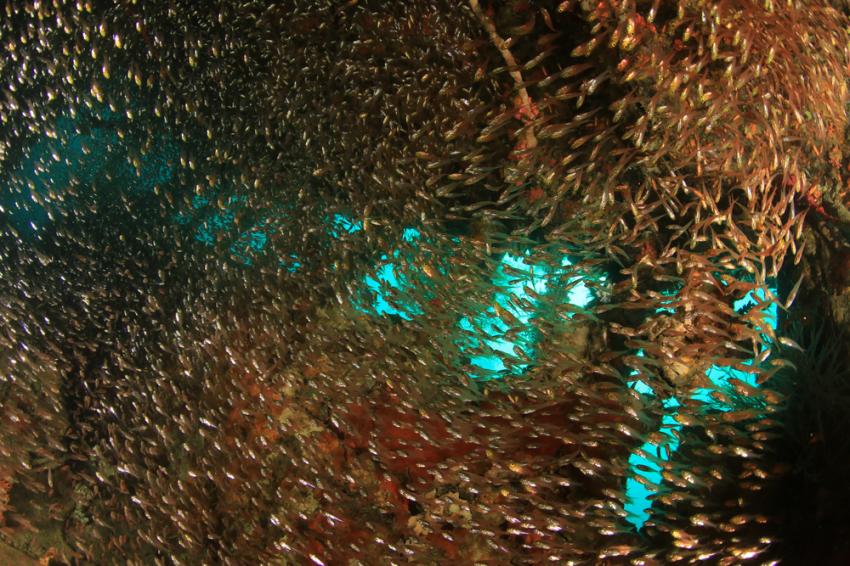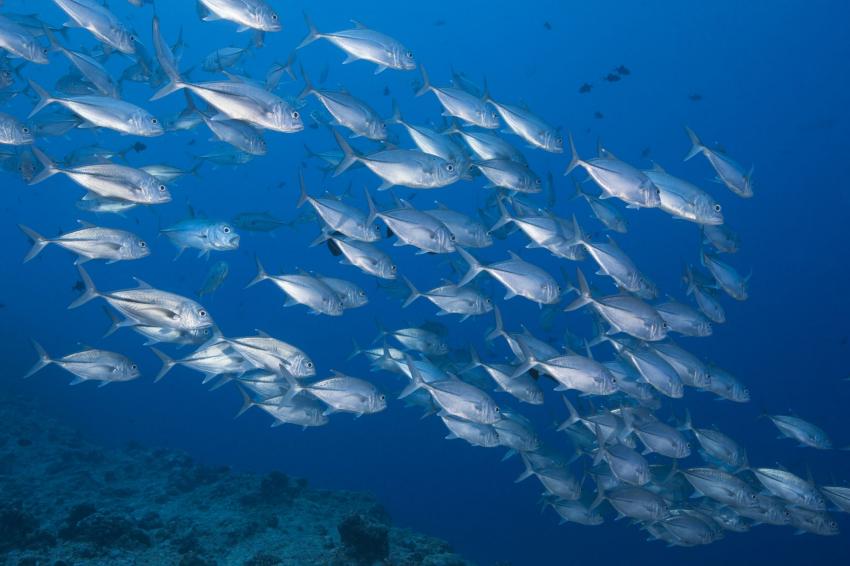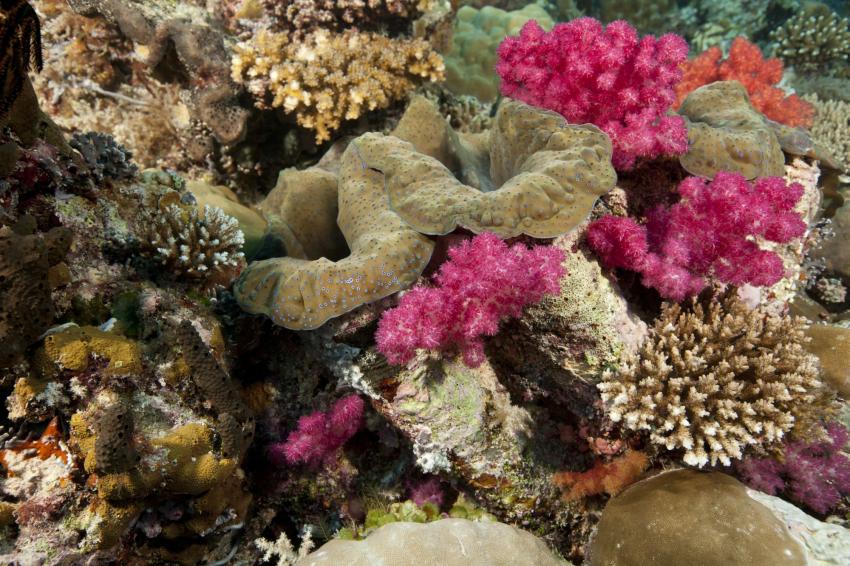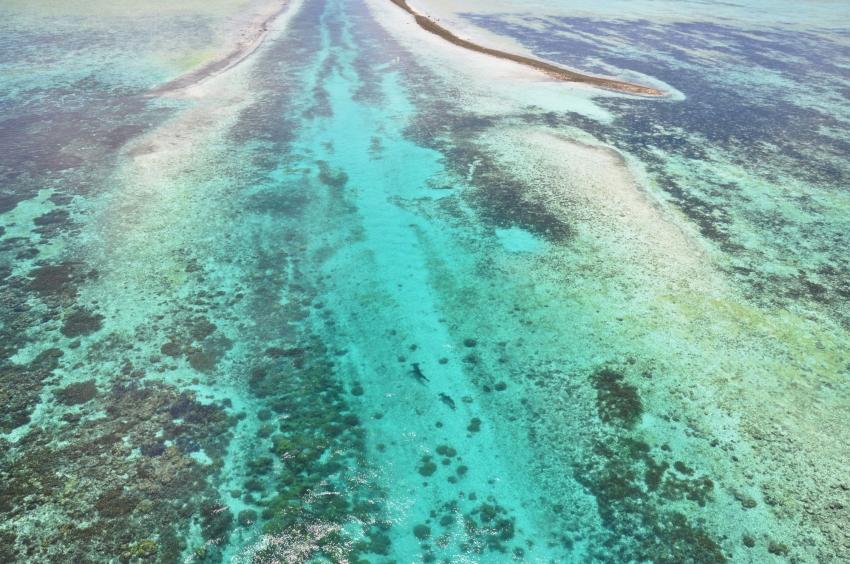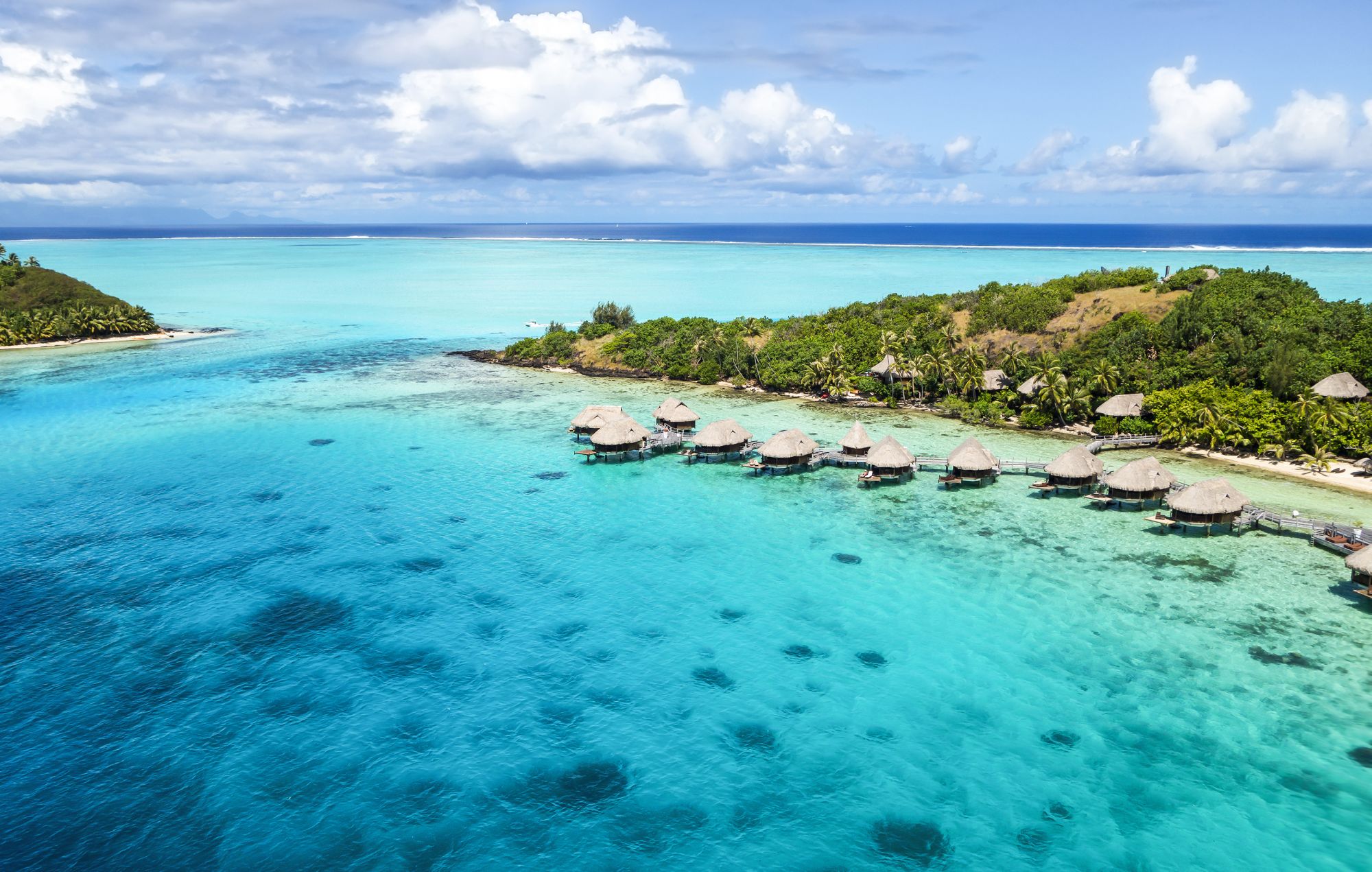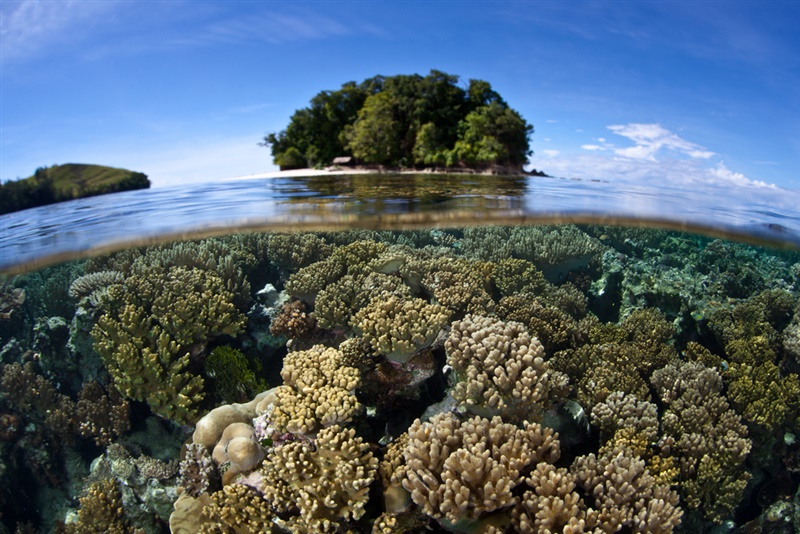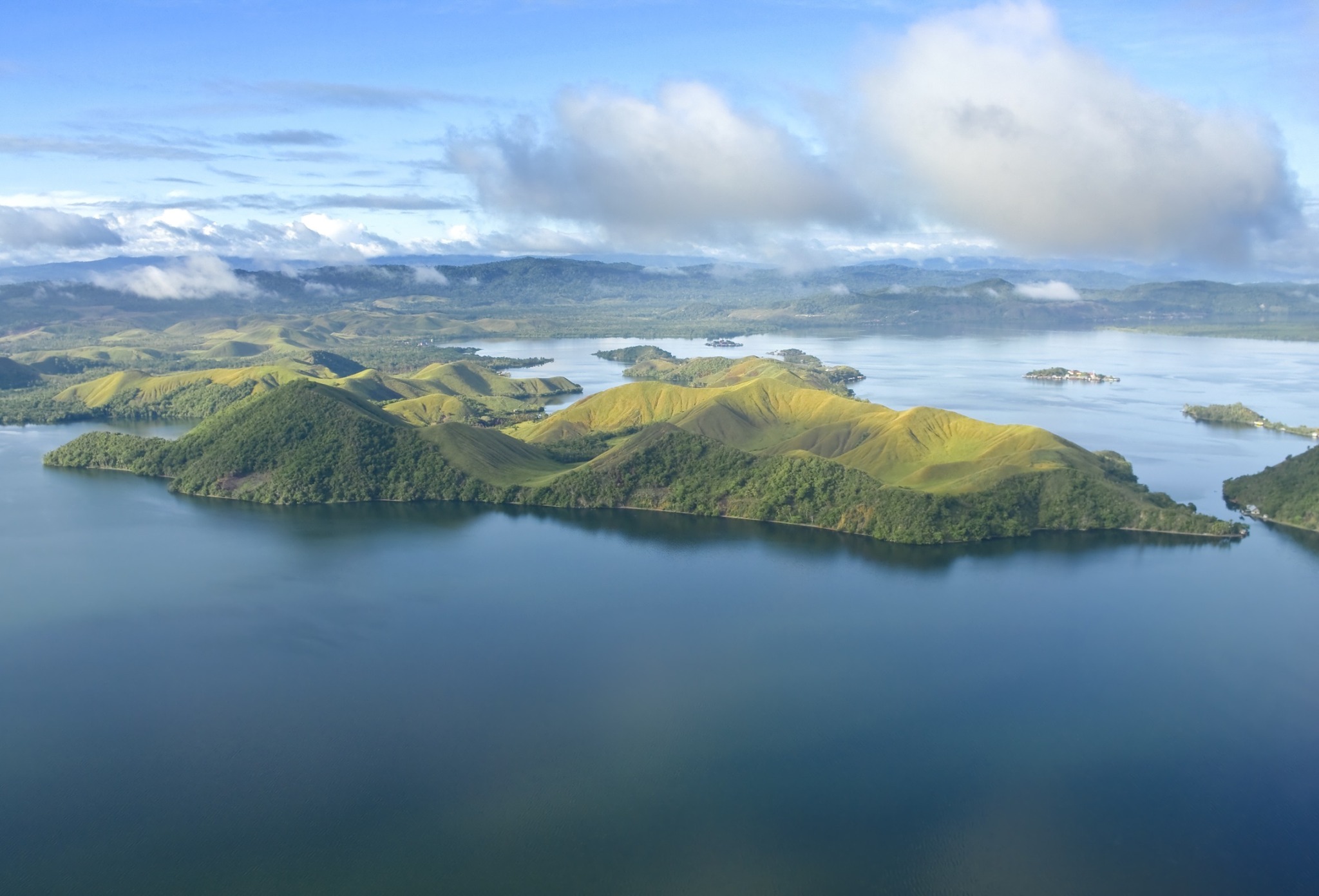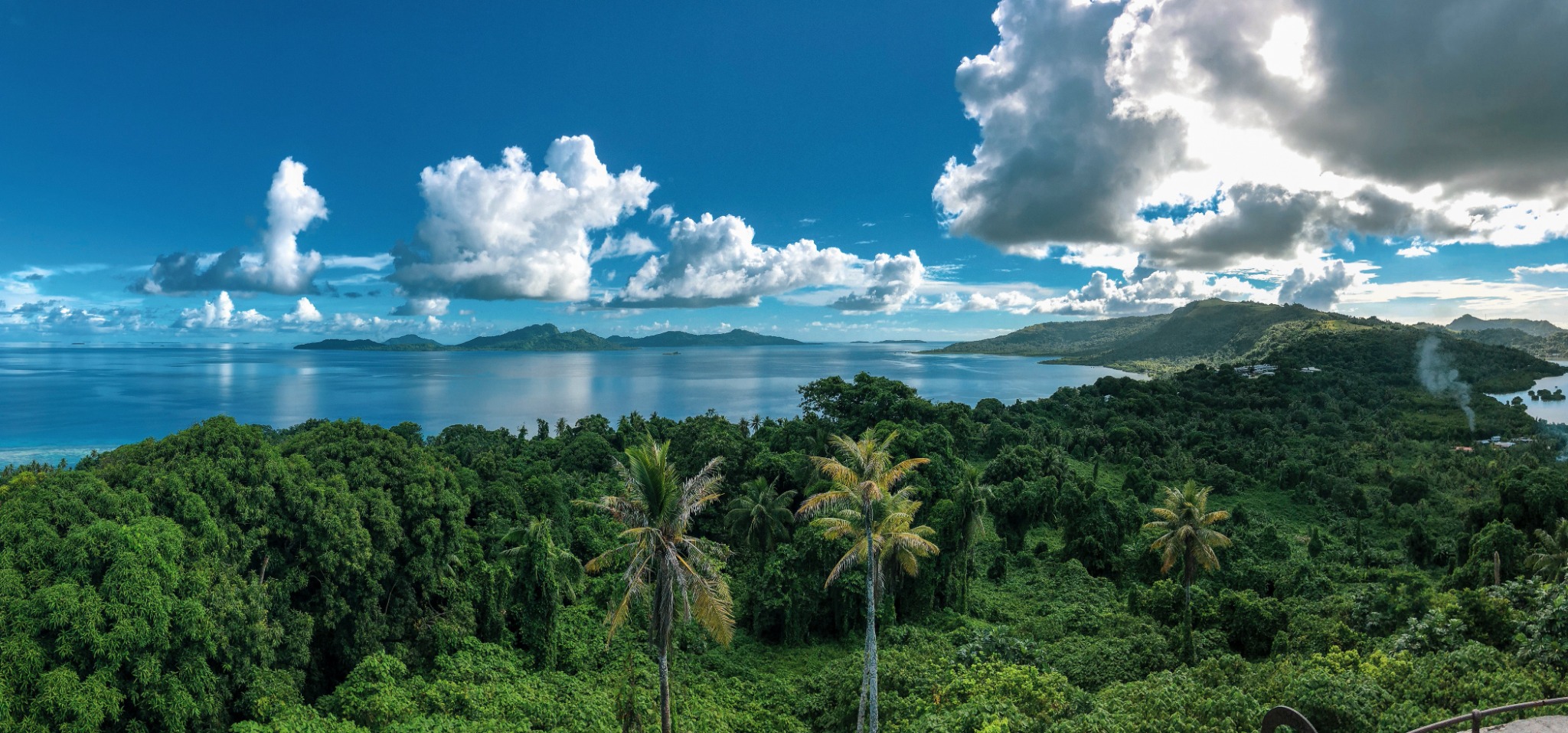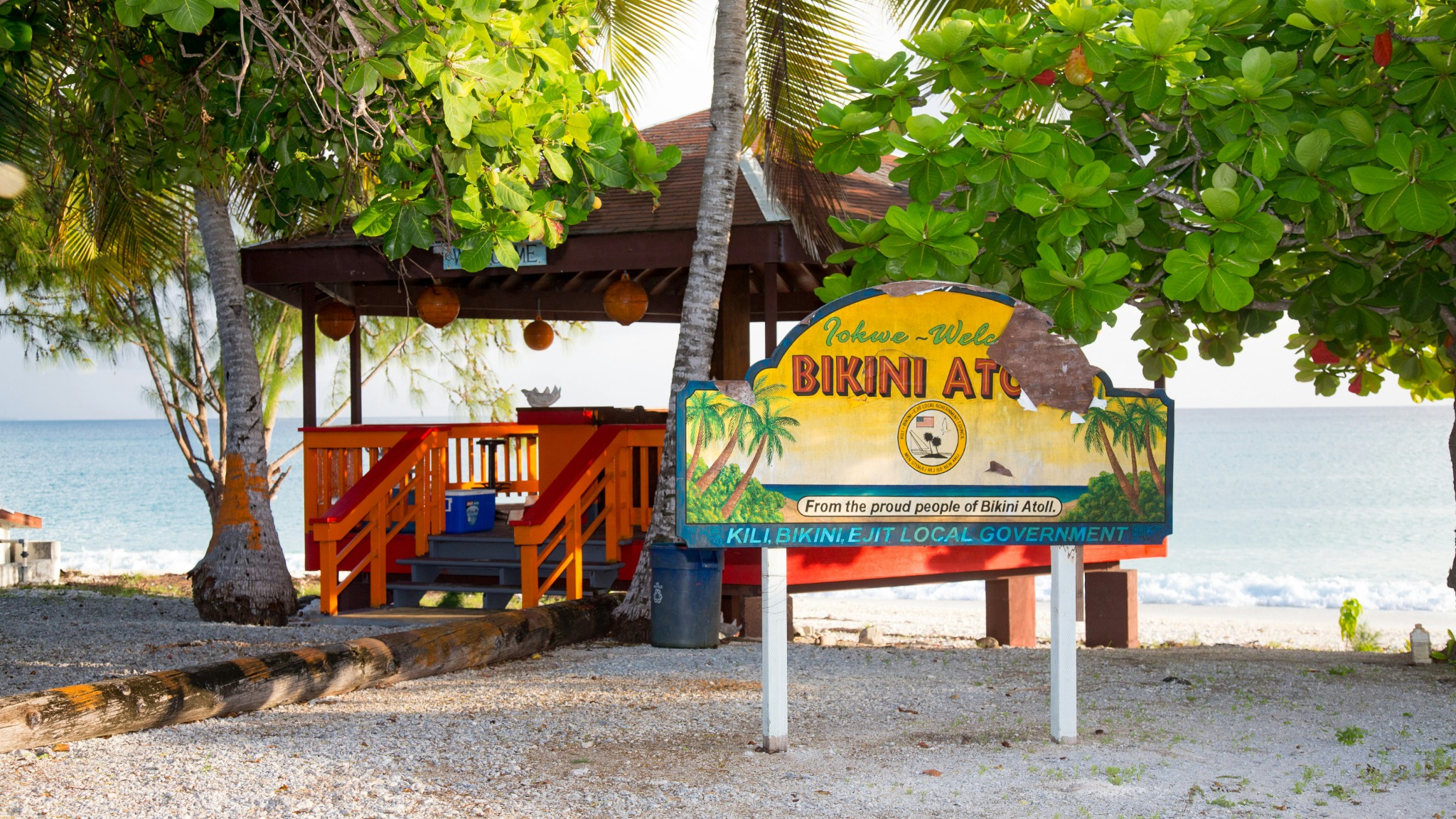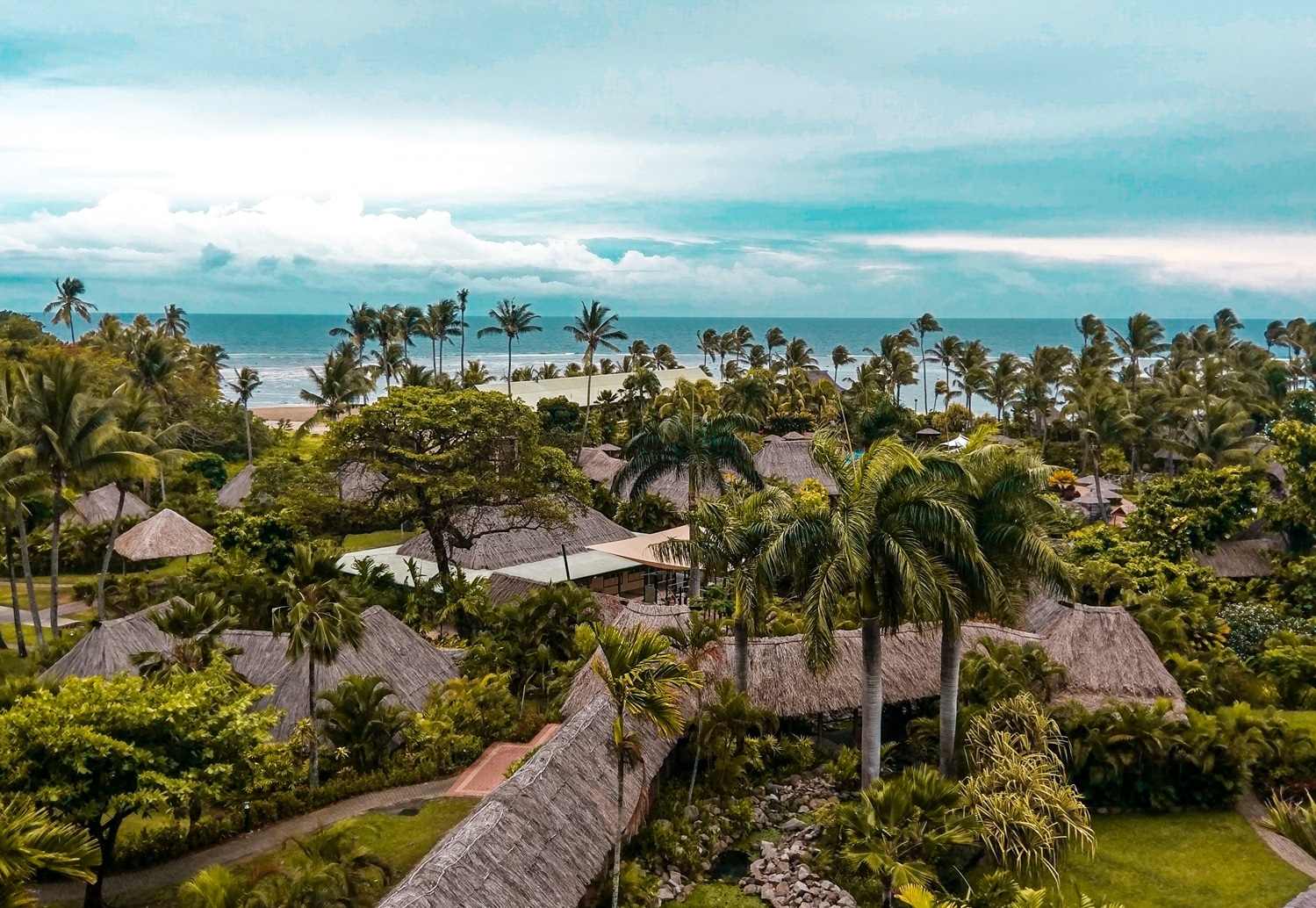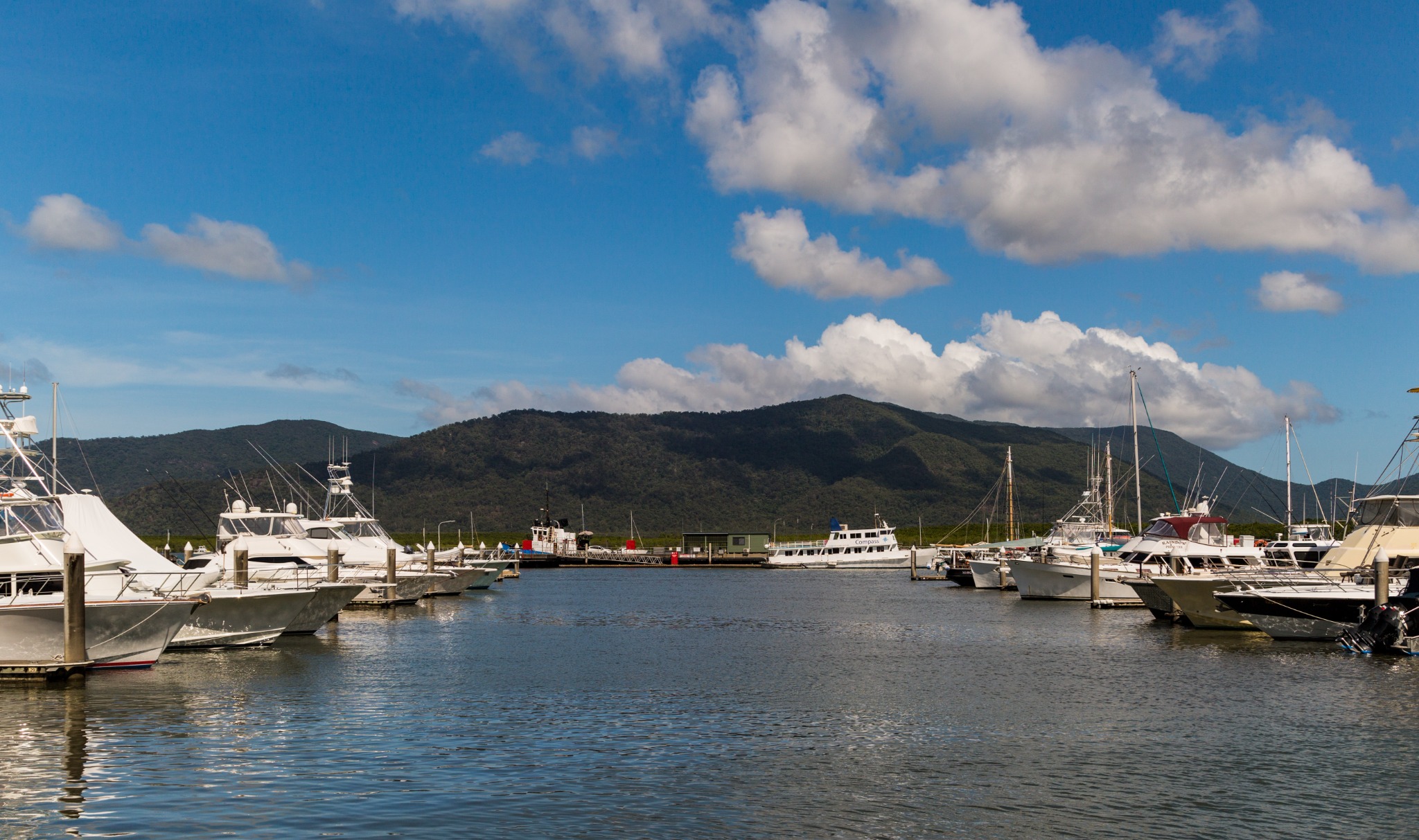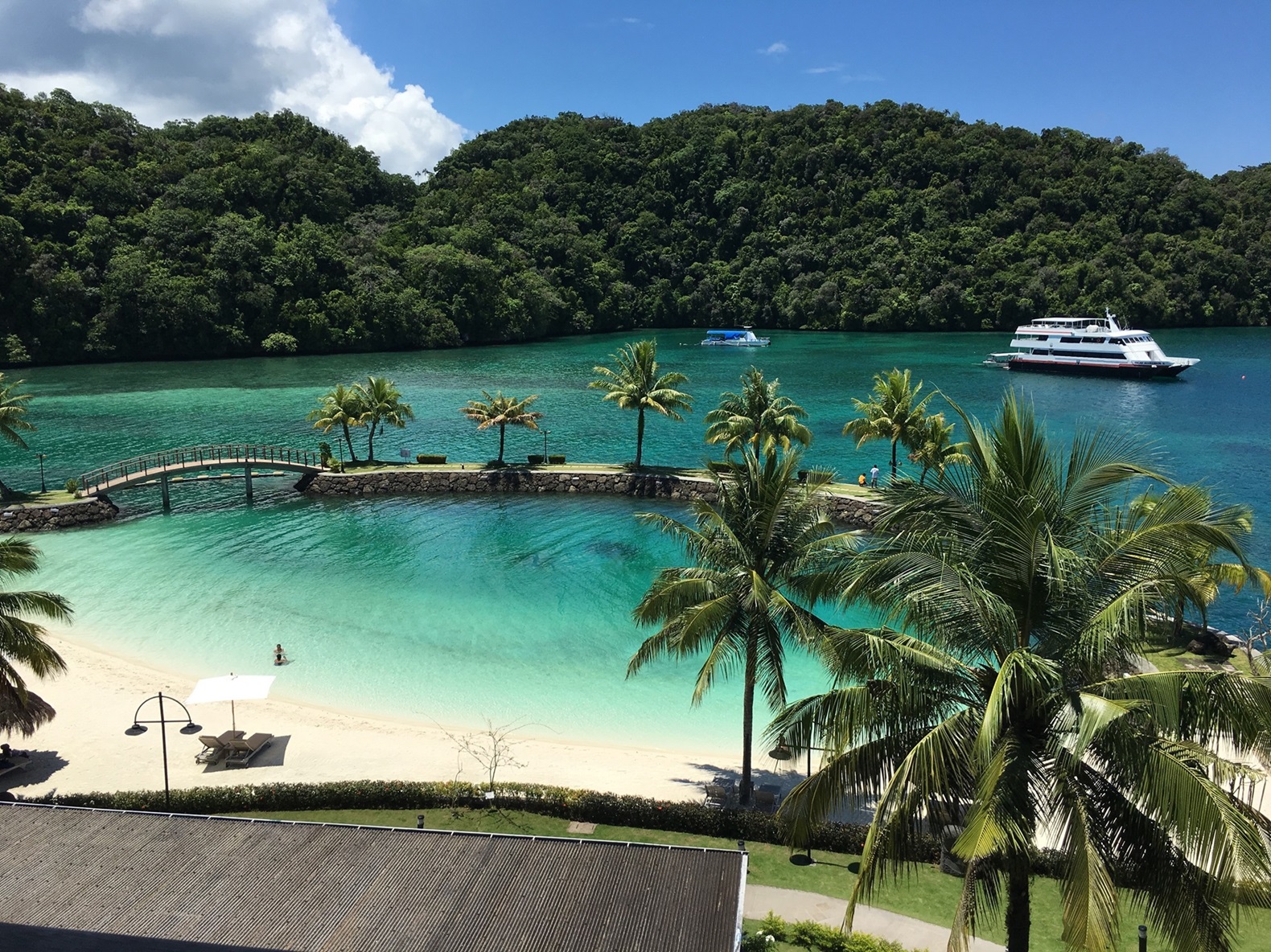
Best Palau Liveaboards
Handpicked Palau Selections
Liveaboard Diving in Palau
Palau, a jewel in the Western Pacific, is celebrated for its rich marine biodiversity and historic wreck diving sites. This diver's paradise showcases an underwater realm filled with a diverse array of marine life, from schools of colorful reef fish to large pelagics like sharks and manta rays. Here, divers can marvel at the sight of Napoleon wrasse, barracudas, jacks, and even the elusive mandarin fish, creating a vibrant spectacle beneath the waves. The region's commitment to marine conservation ensures thriving ecosystems where divers can witness nature's splendor in its most pristine form. Adding to its allure, Palau is also home to several World War II wrecks, offering a unique opportunity to explore historical underwater museums, where history and marine life intertwine
Must See Palau Dive Sites
When To Go Diving in Palau
The best time to dive in Palau is generally considered to be between November and April, during the dry season. During these months, the weather is more stable, and the sea conditions are calmer, making it ideal for diving. Water temperatures during this period range comfortably from 27°C to 30°C (81°F to 86°F), providing a pleasant diving environment. Visibility is also at its best, often exceeding 30 meters, allowing divers to fully appreciate Palau's stunning underwater scenery. While diving is possible year-round, this window offers the optimal balance of good weather, excellent visibility, and a wide variety of marine life, making it the preferred time for many divers to explore Palau's renowned dive sites
Frequently Asked Questions About Palau
What types of sharks can be seen in Palau?
In Palau, divers can encounter a variety of shark species, making it a remarkable destination for shark enthusiasts. The types of sharks commonly seen in Palau include:
Grey Reef Sharks: Frequently spotted around the reef edges, these sharks are known for their sleek, powerful bodies and are a common sight in Palau's waters.
White-tip Reef Sharks: Often found resting on the ocean floor during the day, white-tip reef sharks are a staple of Palau's underwater landscape.
Blacktip Reef Sharks: These smaller, agile sharks are typically seen in shallow waters near the reefs.
Leopard Sharks: Known for their distinctive markings, leopard sharks can occasionally be seen by lucky divers, usually resting on sandy bottoms.
Silvertip Sharks: These large, robust sharks are less common but can be seen occasionally in deeper waters around Palau.
Hammerhead Sharks: While not as frequently encountered as grey or white-tip reef sharks, hammerhead sharks can sometimes be spotted, particularly in the deeper offshore waters.
Whale Sharks: As mentioned earlier, whale shark sightings in Palau are rare but possible. These gentle giants are the largest fish in the ocean and a memorable sight for any diver.
Each of these shark species contributes to the rich marine biodiversity of Palau, making it a premier destination for divers seeking to experience the thrill of shark diving in a vibrant and healthy ecosystem
Why is Palau unique?
Palau is a unique and extraordinary diving destination for several reasons:
Diverse Marine Ecosystem: Palau is located in the Coral Triangle, the most biodiverse marine region in the world. This results in an incredible variety of marine life, from tiny reef fish to large pelagic species. The area's numerous islands and reefs provide a range of underwater environments, including walls, drop-offs, channels, and caves, teeming with life.
Wreck Diving: Palau's waters are a treasure trove for wreck diving enthusiasts. The islands were a strategic location during World War II, leading to numerous shipwrecks and plane crashes in the area. These historical relics have transformed into artificial reefs, attracting a wide array of marine life. Notable wrecks include the Iro, a 140-meter Japanese oil supply ship, and the Teshio Maru, a freighter lying on its side. These sites offer a glimpse into history while providing a habitat for diverse marine species.
Jellyfish Lake: One of Palau's most famous attractions is Jellyfish Lake (Ongeim’l Tketau), a marine lake on Eil Malk Island. Isolated from the ocean, the lake is home to millions of golden jellyfish (Mastigias papua etpisoni) that have evolved without stinging capabilities. Snorkelers can swim among these gentle creatures in a surreal experience that's unique to Palau.
Spawning Trips: Palau offers the extraordinary opportunity to witness spawning events, where divers can observe large schools of fish like snappers and groupers gathering in massive numbers to spawn. These events attract a range of predators and are a spectacle of nature’s raw beauty and the cycle of life.
Palau Liveaboard Dive Packages: What to Expect?
Palau liveaboards offers an all-encompassing dive experience, providing an ideal way to explore this magnificent diving destination. Most liveaboards in Palau offer up to 4 dives per day, allowing divers to fully immerse themselves in the diverse underwater environments of Palau. This includes a mix of wall dives, reef dives, wreck explorations, and drift dives. The packages generally include a full board, meaning all meals are provided during your stay. Additionally, essential diving equipment like tanks and weights are included.
Divers should note that Palau requires payment for diving permits, which are usually not included in the package price. These permits are essential for diving in Palau’s waters and contribute to the conservation efforts in the region.
Getting to Your Liveaboard:
Upon arriving at Roman Tmetuchl International Airport (ROR) in Koror, the main city where most liveaboard trips commence. While airport transfers are often not included in the liveaboard package, many operators offer hotel transfers. It is highly recommended that guests arrive in Palau at least one day prior to the boat’s departure to ensure a smooth start to their diving adventure. This also provides an opportunity to explore Koror and adjust to the local environment.
Diving Certification Requirements:
The diving conditions in Palau can be challenging due to strong currents and varying dive sites. As such, most liveaboards require divers to have an Advanced Open Water Diver (AOWD) certification. This ensures that all divers have the necessary skills and experience to safely enjoy the dives and manage the diverse conditions they may encounter.
Popular Liveaboards:
Among the most sought-after liveaboards in Palau are the Rock Islands Aggressor, Palau Aggressor II, and Palau Siren. These vessels are renowned for their excellent service, comfortable accommodations, and the variety of diving experiences they offer. Each liveaboard has its unique features and itineraries, but all are dedicated to providing an unforgettable diving experience in the rich waters of Palau
